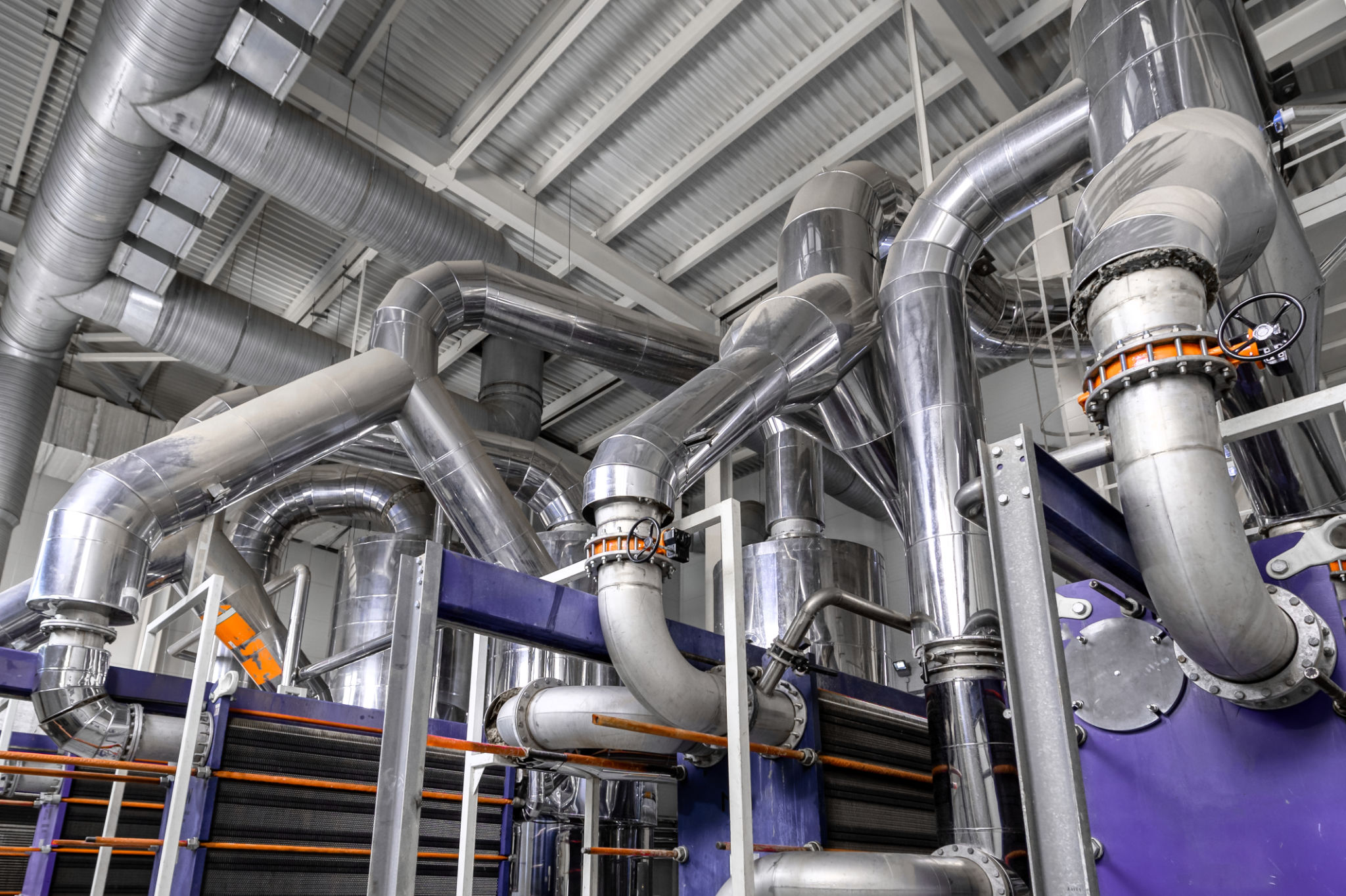The Ultimate Guide to Choosing the Right Hot Water System for Your Home
Understanding Your Hot Water Needs
Choosing the right hot water system for your home begins with understanding your household's hot water needs. Consider factors such as the number of people in your home, the number of bathrooms, and your daily water usage habits. A family of four will have different requirements compared to a single resident. Assessing these needs will help you determine the capacity and type of system that best suits your lifestyle.

Types of Hot Water Systems
Storage Tank Water Heaters
Storage tank water heaters are the most common type. They store a large amount of water, keeping it hot and ready for use. Available in electric and gas models, these heaters are ideal for larger households needing a constant supply of hot water. However, they can occupy more space and may have higher energy costs due to heat loss from the tank.
Tankless Water Heaters
Tankless water heaters, or on-demand systems, heat water as it flows through the unit, providing an endless supply of hot water. They're energy-efficient and compact, making them suitable for homes with limited space. However, they may struggle to provide hot water simultaneously to multiple outlets in larger households.

Fuel Sources for Hot Water Systems
When choosing a hot water system, consider the available fuel sources. Electric systems are widely accessible and easy to install but can be more expensive in terms of energy consumption. Gas systems, on the other hand, are typically cheaper to operate but require access to a gas supply. Additionally, solar-powered systems are environmentally friendly and can significantly reduce energy costs over time.
Energy Efficiency Considerations
Energy efficiency is a critical factor when selecting a hot water system. Look for models with high energy ratings, as they consume less energy and reduce utility bills. Consider systems with features such as improved insulation or heat pumps, which enhance efficiency. Investing in an energy-efficient model might cost more upfront but can lead to substantial savings in the long run.

Sizing Your Hot Water System
Proper sizing is essential to ensure you have enough hot water when needed without wasting energy. Consult with a professional to determine the right size based on your household's needs and usage patterns. Oversized systems can lead to unnecessary energy consumption, while undersized ones may not meet your demands.
Installation and Maintenance
Professional installation is crucial for the optimal performance of your hot water system. An expert can ensure the system is installed safely and efficiently. Regular maintenance is also important to extend the lifespan of your system. Schedule annual inspections to check for issues such as sediment build-up or leaks that could affect performance.

Cost Considerations
Cost plays a significant role in choosing a hot water system. Consider not only the initial purchase price but also long-term operating costs. Energy-efficient models might have a higher upfront cost but can save money over time through reduced energy bills. Additionally, explore any available rebates or incentives for installing energy-efficient systems.
Making Your Decision
With so many options available, making the right choice can be challenging. Weigh the pros and cons of each system type and consider your household's specific needs. Consulting with a professional can provide valuable insights and recommendations tailored to your situation. Taking the time to choose wisely will ensure you enjoy reliable and efficient hot water for years to come.
